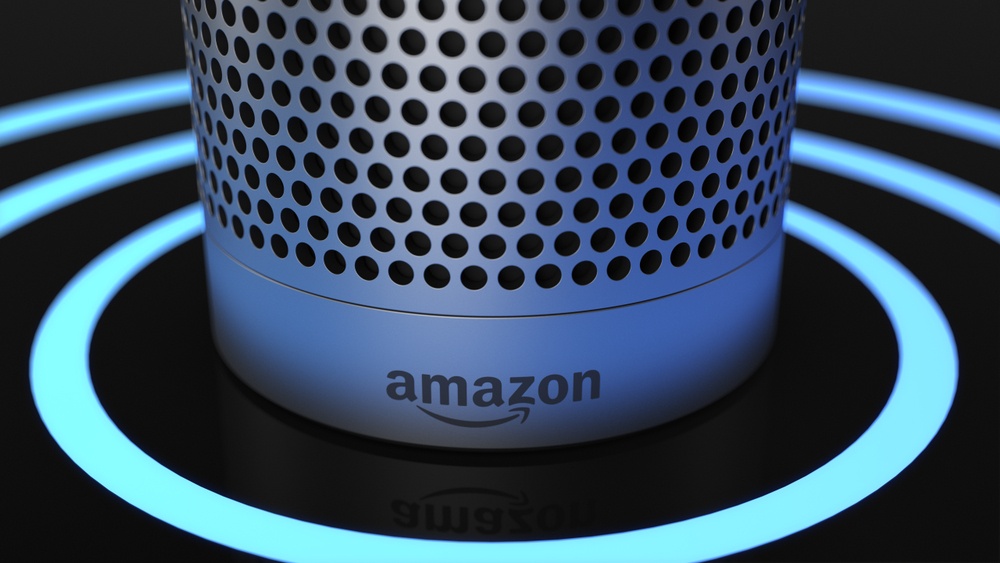



Get new exclusive access to healthcare business reports & breaking news




Amazon continues to show its commitment to healthcare and that it is in for the long haul. In its latest development, the company has unveiled HIPAA compliant software that allows developers to build Alexa skills that make it possible for users to employ the voice assistant to transmit and receive protected health information as part of an invite-only program.
With this development, Amazon can now enter into business associate agreements with health providers following HIPAA (U.S. Health Insurance Portability and Accountability Act) standards. This means that third-party health developers who follow certain guidelines and meet the rules and requirements that govern the transmission and receipt of sensitive health information, can sign up to develop new Alexa skills, CNBC explained.
Being HIPAA compliant is a big deal because Amazon Alexa’s health and wellness team has been working for months on HIPAA compliance. Having achieved this, hospitals and insurers are free to expose Alexa to more details of patients’ lives and medical conditions, potentially embedding the technology deeper into clinical settings.
“These new skills are designed to help customers manage a variety of healthcare needs at home simply using voice – whether it’s booking a medical appointment, accessing hospital post-discharge instructions, checking on the status of a prescription delivery, and more,” Amazon’s Rachel Jiang said in a blogpost announcing the new Alexa healthcare skills.
Amazon has so far invited six companies to use its HIPAA-compliant skills kit to build voice programs, although the retail giant said it expected more companies to come on board soon.
The Alexa skills that Amazon has worked on with developers include those needed for Express Scripts. This ability allows members to check the status of a home delivery prescription and request Alexa notifications when their prescription orders are shipped.
Mark Bini, the Vice President of Innovation at Express Scripts, said that with the new Express Scripts skill, they were trying to make it easier for people to make better informed health care decisions. “In particular, we believe voice technology, like Alexa, can make it easy for people stay on the right path by tracking the status of their mail order prescription, helping us further solve the costly and unhealthy problem of medication non-adherence.”
Another help is the Cigna Health Today skill, which allows eligible employees with one of Cigna’s large national accounts to manage their health improvement goals and increase their opportunities for earning personalized wellness incentives.
Other skills are My Children’s Enhanced Recovery After Surgery (ERAS), by Boston Children’s Hospital, which allows parents and caregivers of children in the ERAS program at Boston Children’s Hospital to provide their care teams with updates on recovery progress and receive information regarding their post-op appointments. There is also a new skill developed by the Swedish Health Connect, by Providence St. Joseph Health, a healthcare system with 51 hospitals and 829 clinics across seven states, that allows customers to find a nearby urgent care center and schedule a same-day appointment.
A new skill by Atrium Health, a healthcare system with more than 40 hospitals and 900 care locations throughout North and South Carolina and Georgia, also allows customers to find a nearby urgent care location and schedule a same-day appointment. The last skill was developed by Livongo, a leading consumer digital health company that creates new and different experiences for people with chronic conditions, allowing members to query their last blood sugar reading, blood sugar measurement trends, and receive insights and health nudges personalized to them.
Jiang said: “Developers of the new healthcare skills are excited to enable their customers to access their healthcare services in the comfort of their own homes simply by asking Alexa. These skills are just the first step in making it easier for customers to manage their healthcare needs using just their voice – we’re excited to see what developers build next.”
With these new developments, Amazon continues to make a splash in the healthcare sector. Recently, Cedars-Sinai announced a pilot program for an Alexa-powered platform known as Aiva that interacts with nurses and caregivers. Cedars-Sinai explained that under the smart hospital pilot project, patient rooms are fitted with Amazon Echos so patients can tell the device what they need. Aiva is said to be the world’s first patient-centered voice assistant platform for hospitals.
Amazon-powered devices are also being used in Boston’s Beth Israel Deaconess Medical Center and Commonwealth Care Alliance, Northwell Health in New York, and Libertana Home Health in Los Angeles, showing that the company is betting heavily on AI and Alexa-driven systems.